Neurology residency


The Corewell Health – Grand Rapids/Michigan State University Neurology Residency program offers a variety of inpatient and outpatient experiences, providing a robust and diverse training environment for resident neurologists, preparing them well to go on to fellowship opportunities or general neurology practice. The overall goal of our program is to prepare individuals to be competent and compassionate clinical neurologists. This is accomplished through an educational plan designed to provide increasing responsibility in patient care over the four years of training so that residents reach a level of competence in the independent care of patients with neurological disease by the end of their training. All training is accomplished in an environment that maximizes resident education, patient safety and the well-being of the resident physicians.
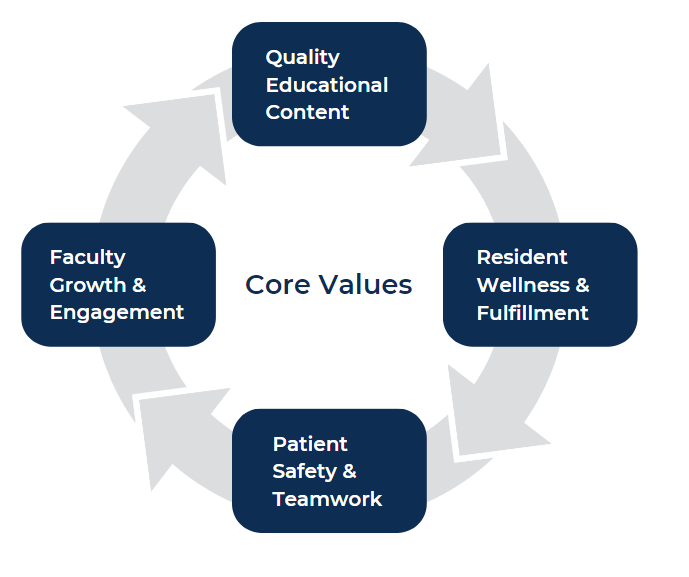
From the Program Director
Do you love neurology? Do you want to make a difference in your own education? Are you looking for a variety of clinical experiences? Do you want to work with a great group of colleagues and enthusiastic clinical teachers?
If you answered yes, then you should consider applying to our program!
We are a young program: We just graduated our seventh class of residents in 2024. We work hard to improve the educational experience of our residents and make changes based on recommendations of the residents, and with the input of our residents. When we are asked, “What kind of resident are you looking for?” we say that we are looking for someone who wants to be an active part of their education and work with the faculty to enhance the learning experience. Our faculty is young and enthusiastic – this is the first job for many of our neurologists. They have a drive to grow their programs and teach their favorite aspects of neurology. There are still some of us with grey hair, but the enthusiasm remains.
We are a broad program: We have a good base of general outpatient neurologists and neurohospitalists, but we also have faculty that cover the range of neurological specialties from vascular care (including interventional) and neurocritical care to dementia, epilepsy, headache, movement disorders, neuroimmunology and neuromuscular care. Our residents spend time in each of these inpatient and outpatient specialties and get one on one time with our accomplished faculty.
We are a deep program: We draw patients from across Michigan. We see patients with typical migraine and peripheral neuropathy, as well as patients with rare forms of movement disorders and neuromuscular diseases. We have very active surgical treatment programs for epilepsy and movement disorders and our residents participate in the care of these patients. We have multidisciplinary care clinics for patients with advanced neuromuscular disease, ALS, Huntington disease, dementia and Parkinson disease. Our residents participate in multiple research and patient safety projects and present their works regularly at local and international meetings. Most of our graduates have at least one publication in a peer reviewed journal from research conducted during their residency.
We are a supportive program: We think of ourselves as a big diverse family. There is an amazing cohesiveness to our residents. This is a program where everyone helps each other reach their full potential. We watch out for each other’s safety and health. We share the workload. We teach others what we have learned and share pearls of wisdom. As a healthcare community, we value wellness and resilience and help our residents learn lifelong skills to prevent depersonalization and burnout. Our faculty care about the futures of our residents and help them to find their special area of passion in neurology. We’ll help you make your bright future – whether it’s a fellowship or first job – a reality.
We welcome you to consider this unique opportunity to be part of a vibrant neurology training program. We are truly building the future here!
Shan E. Abbas, MD, FAES
Program Director, Corewell Health – Grand Rapids/Michigan State University Neurology Residency
Program Director, Corewell Health – Grand Rapids/Michigan State University Epilepsy Fellowship
Medical Director, Faculty Development, Office of Research & Education
Clinical Associate Professor, Michigan State University College of Human Medicine
Department of Clinical Neurosciences, Corewell Health in West Michigan
General program overview
Our neurology residency is a four-year (categorical) program with a balanced mix of outpatient and inpatient neurological experiences. Read our program aims.
Our Academic Year is based on 13 four-week blocks (July 1 - June 30). PGY2-4 rotations are organized under the principles of an "X+Y" model which separates weeks with continuity clinic into separate ambulatory rotations that are repeated longitudinally throughout the year. Ambulatory ("Y") rotations are 2 weeks in duration and includes the resident’s continuity clinic (3 half-days per week throughout the Y-rotation), and additional outpatient subspecialty and neurophysiology experiences. Non-ambulatory (“X”) rotations are 4 weeks in duration, comprising of a single 4-week experience, or 2 different 2-week non-ambulatory rotations. Learn more about out Residency Rotations using the link below.
A special 4-week Neurology Boot Camp dedicated to learning neuroanatomy, neurological examination techniques, concepts of neurological localization and basics of neurology will occur the PGY1 year.
A night-float resident at Butterworth covers five nights a week, the remaining two nights are covered by weekend float residents in a manner that assures patient safety and minimizes resident fatigue. Night-float assignments are never longer than two weeks at a time. There is a no '24-hour' call at any time in the program. Neurology Residents do not cover Blodgett Hospital overnight.
Educational activities
Residents have protected time from 1 – 5 p.m. on Thursdays for high-quality didactics. A majority of these didactics are run by our faculty members. These offerings cover all areas of neurology, including aspects of neuroanatomy, neurophysiology, neuropharmacology and neuropathology. Included in these hours are a monthly journal club, contemporary issues and ethics discussion, interesting case conference, board review sessions and a variety of sessions that cover healthcare disparities, wellness, as well as practice-related issues such as documentation requirements and billing/coding.
Residents also participate in case-based educational sessions in neuroradiology, EEG and EMG and movement disorders in a weekly Friday noon conference.
Morning report occurs daily at Butterworth Hospital and is an avenue to discuss interesting cases, localization and formulation. A transition of care meeting (sign-out) between the overnight resident and daytime teams follows morning report.
Neuroscience Grand Rounds are offered two times a month. Residents are invited to present their research activities. Residents also participate in Grand Rounds by presenting interesting cases. A twice yearly clinical-radiological-pathological case conference is an additional avenue for resident participation.
Residents also participate in a resident led, faculty supervised, Morbidity and Mortality Conference monthly; both inpatient and outpatient cases are discussed.
Research curriculum
Beginning in their PGY2 year, will participate in a three-year integrative scholarly activity program to become familiar with the methods, regulations and ethics involved in the conduct of responsible research. Toward that end, this research program will 1) provide the resident with training and experience in planning and conducting research, and 2) educate residents on how to be better consumers of clinical research through didactic and experiential learning. This project includes understanding the concepts of evidence-based medicine and putting those practices to use, demonstrating knowledge of the ethical considerations involved in clinical research, hypothesis generation and data analysis, mastering skills for scientific writing and making oral presentations.
For research support, the scholarly activity support team can assist. The scholarly activity support team also offers biostatistics consultation and poster preparation.
The majority of the resident research projects results in presentation at national/international meetings and/or publication in peer-reviewed journals. Resident scholarly activity presentations and publications are also recognized with stipends awarded by our educational leadership. Residents are also expected to submit their work for presentation at an institutional Research Day.
Quality improvement curriculum
Patient safety and improved quality of care are a part of our daily work. Residents must demonstrate the ability to analyze the care they provide, understand their roles within health care teams and play an active role in system improvement processes. Graduating residents will apply these skills to critique their future, unsupervised practice and effect quality improvement measures. Residency clinical experiences are structured to facilitate learning in a manner that allows the residents to function as part of an effective health care team, that works together longitudinally with shared goals of patient safety and quality improvement. In addition to participation in institutional Quality Improvement and Root Cause Analysis curricula, all residents participate in error disclosure and reporting, as well as analysis of patient safety events (during our Morbidity and Mortality Conference). All residents are also expected to participate in a quality improvement project or activity during their PGY2-4 years; a deliverable such as Clinical Pathway, a publication in a peer-reviewed journal or other publication/presentation/abstract is an expected outcome of their work. Residents are also strongly encouraged to participate in community quality improvement initiatives, as these opportunities arise.
Resident life
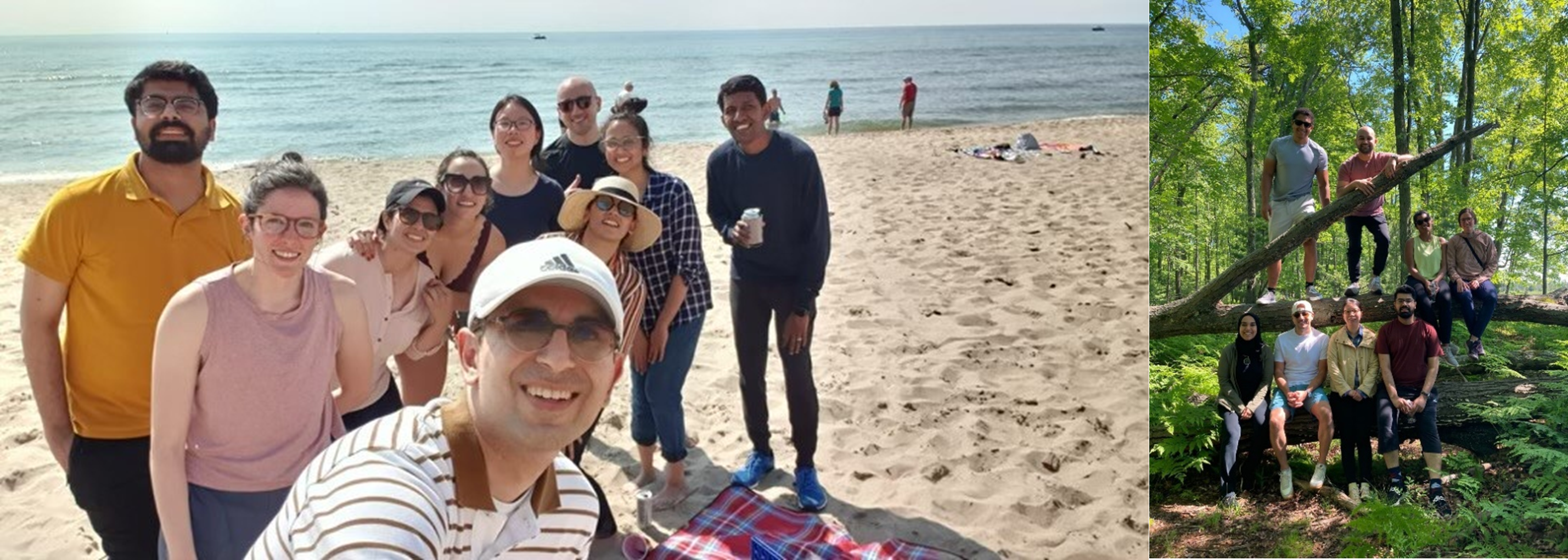
Residency years are short, but the days can be long. There are no better people to spend your training years with than our Corewell Health – Grand Rapids/Michigan State University Neurology Residency family! Resident wellness is key and our program is dedicated to maintaining work/life balance and expressing appreciation for our residents with various events and opportunities throughout the academic year.

- Summer Welcome Picnic, Winter Holiday Party, Resident Appreciation Events
- Spring/Fall Resident Retreats
- Peer Mentorship Program
- Wellness Didactics Sessions
- Conferences: We are proud to support and cheer each other on during research presentations at local, regional and national conferences!

With so many great local restaurants and venues, we are committed to supporting small businesses when providing lunches for program meetings, lectures and events.
Application requirements
We participate in the National Residency Matching Program (NRMP). Applications and the following documents are accepted only through the Electronic Residency Application Service (ERAS). While considering candidates for residency, we do review each application that we receive as a whole (holistic review).
- Applicants must have graduated medical school within the last three years and must possess recent clinical experience within the United States.
- We do not have a minimum score requirement for USMLE Step 1 and Step 2 CK or COMLEX 1 and 2, but strongly favor applicants who have passed these examinations on their first attempt.
- International Medical Graduates must meet clinical and communication skills requirements for ECFMG Certification.
- Three letters of recommendation (including at least one from a neurology experience) must be included with your application.
- All candidates must possess U.S. work authorization or be eligible for J-1 status.
For more information on our program, contact Jordan Kossuth, program coordinator.
For information on visiting medical student opportunities, visit our Visiting Learner page.
Salary and benefits
Corewell Health in West Michigan provides a comprehensive and very competitive benefits package for our residents, staff and their families. In addition, our program provides educational monies to support your ongoing education. Download our salary and benefits document to learn more.
Explore West Michigan


Food: Release your inner foodie exploring one of the top food cities in the US.
Entertainment: From zoos and museums to festivals and art, there is a new experience around every corner.
Shopping: West Michigan has a diverse assortment of shops for everyone.

Outdoors: With trails, lakes and more, there is so much of West Michigan to explore.
Sustainability: Located along the shore of Lake Michigan, West Michigan has many initiatives to protect our natural resources.

Identities matter and so do you! Our residency and fellowship programs offer social activities, wellness programs and a diversity council to foster respect, personal health and community.
Program Director
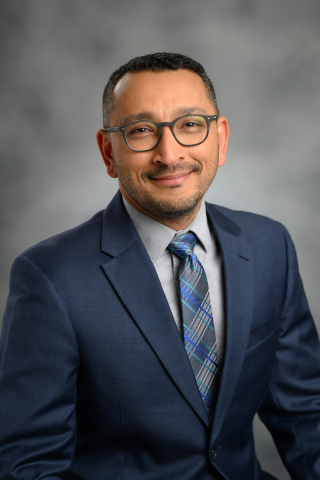
Neurologist/Epileptologist
- Specialty: Epilepsy
- Fellowship: Vanderbilt University Medical Center
- Residency: University of Toledo Medical Center

Neurologist/Epileptologist
- Specialty: Epilepsy
- Fellowship: Vanderbilt University Medical Center
- Residency: University of Toledo Medical Center
Associate Program Directors
.jpg)
Neurohospitalist
- Specialty: Neurohospitalist
- Fellowship: Georgia Health Science University
- Residency: St. Elizabeth Health Center – Youngstown
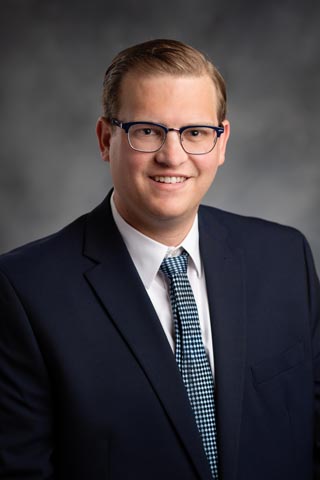
Neuroimmunologist
- Specialty: Neuroimmunology
- Residency: Spectrum Health/Michigan State University
.jpg)
Neurohospitalist
- Specialty: Neurohospitalist
- Fellowship: Georgia Health Science University
- Residency: St. Elizabeth Health Center – Youngstown

Neuroimmunologist
- Specialty: Neuroimmunology
- Residency: Spectrum Health/Michigan State University
Core Faculty
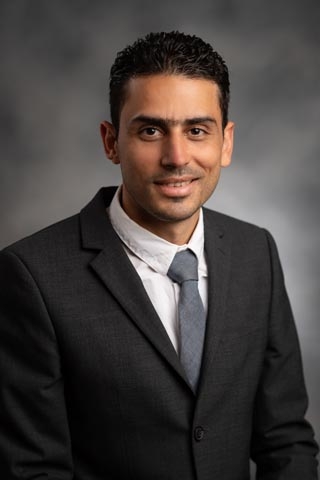
Neurohospitalist
- Specialty: Neurohospitalist
- Residency: Medical College of Georgia Augusta University
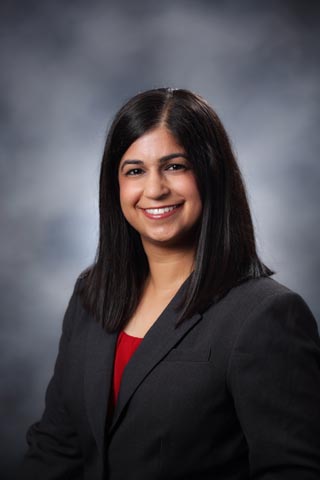
Pediatric Neurologist
- Fellowship: St. Joseph's Hospital and Medical Center - Phoenix
- Residency: Phoenix Children's Hospital
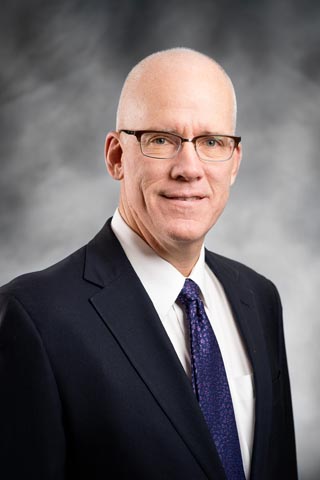
Epileptologist
- Specialty: Epilepsy
- Fellowship: University of Michigan Health System
- Residency: Boston University Affiliated Hospitals
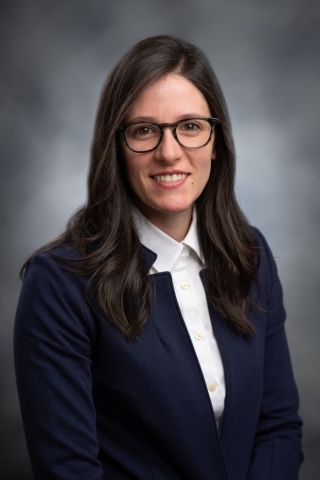
Neurohospitalist
- Residency: Spectrum Health/Michigan State University

Neurohospitalist
- Specialty: Neurohospitalist
- Residency: Medical College of Georgia Augusta University

Pediatric Neurologist
- Fellowship: St. Joseph's Hospital and Medical Center - Phoenix
- Residency: Phoenix Children's Hospital

Epileptologist
- Specialty: Epilepsy
- Fellowship: University of Michigan Health System
- Residency: Boston University Affiliated Hospitals

Neurohospitalist
- Residency: Spectrum Health/Michigan State University
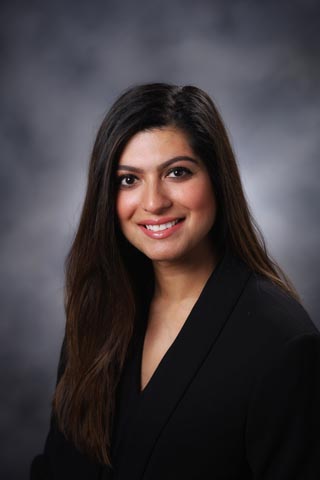
Neurocritical Care
- Specialty: Neurocritical Care
- Fellowship: Mayo School of Graduate Medical Education
- Residency: Mayo School of Graduate Medical Education
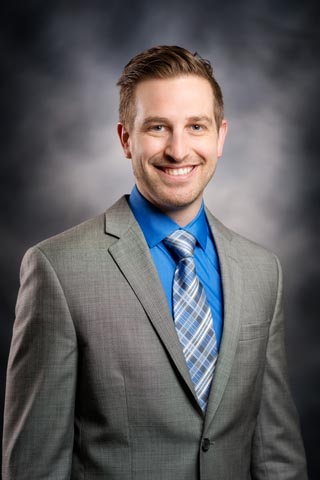
Movement Disorders
- Specialty: Movement Disorders
- Fellowship: University of California
- Residency: University of Michigan Health System
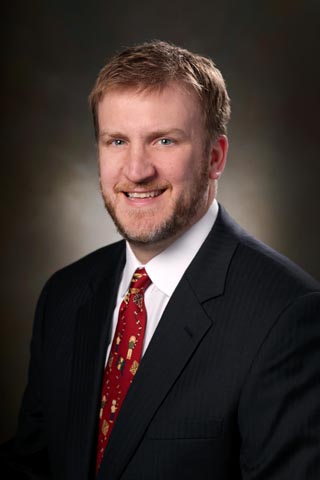
Pediatric Neurologist
- Fellowship: Cincinnati Children's Hospital Medical Center
- Residency: Cincinnati Children's Hospital Medical Center
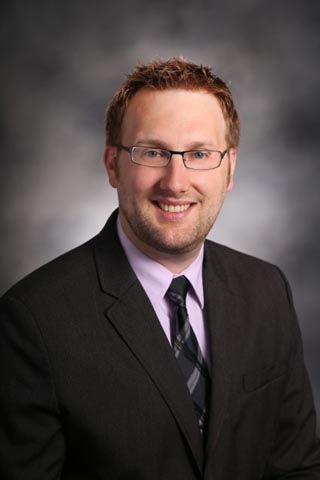
Pediatric Epileptologist
- Specialty: Pediatric Neurology
- Fellowship: University of Michigan Health System
- Residency: Nationwide Children’s Hospital & Ohio State University
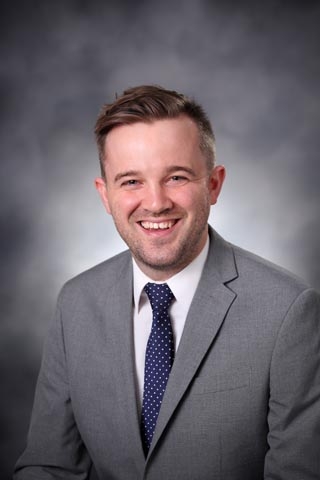
Neuromuscular Medicine
- Specialty: Neuromuscular
- Fellowship: University of Michigan Health System
- Residency: University of Michigan Health System
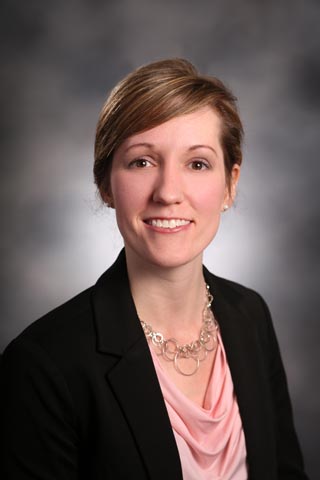
Epileptologist
- Specialty: Epilepsy
- Fellowship: Mayo Clinic
- Residency: Mayo Clinic
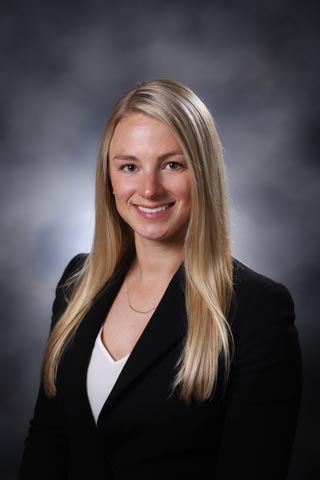
Neurohospitalist
- Specialty: Neurohospitalist
- Residency: Beaumont Hospital
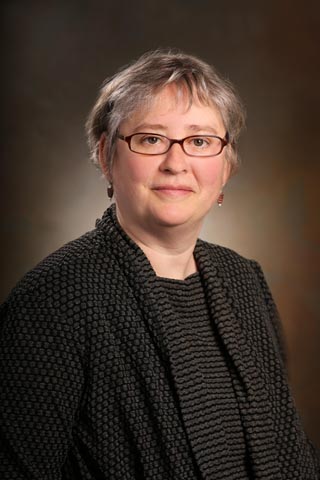
General Neurologist
- Specialty: General Neurology
- Residency: Indiana University School of Medicine
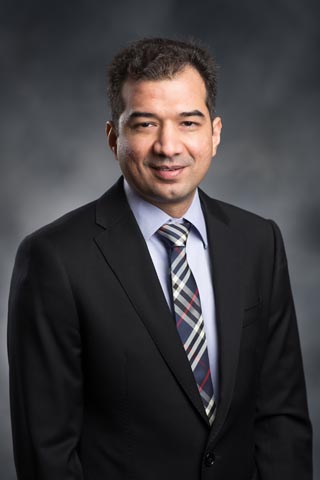
Vascular Neurologist
- Specialty: Vascular Neurology
- Residency: Southern Illinois University School of Medicine
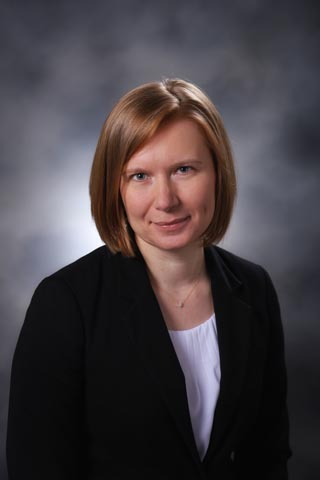
Vascular Neurologist
- Specialty: Vascular Neurology
- Fellowship: University of Pittsburgh Medical School
- Residency: University of Massachusetts Medical School
.jpg)
Vascular Neurologist
- Specialty: Vascular Neurology
- Fellowship:
- (Cardiology) Second Affiliated Hospital of Zhejiang University
- (Research) Beth Israel Deaconess Medical Center, Harvard Medical School
- (Vascular Neurology) Sparrow Health/Michigan State University
- Residency:
- City Hospital of Huzhou
- Sparrow Health/Michigan State University
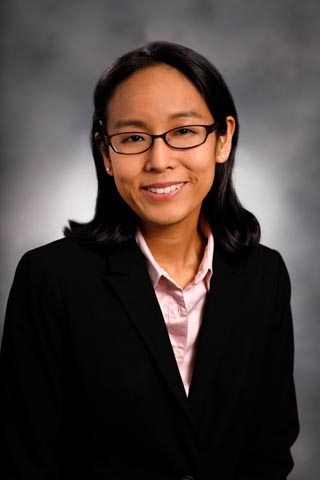
Epileptologist
- Specialty: Epilepsy
- Fellowship: Mayo School of Graduate Medical Education
- Residency: Mayo School of Graduate Medical Education
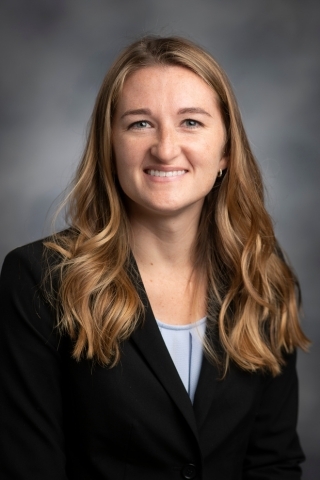
Neuromuscular Medicine
- Specialty: Neuromuscular
- Fellowship: Virginia Commonwealth University
- Residency: University of Virginia
.jpg)
Neurocritical Care
- Fellowship: Ohio State University Medical Center
- Residency: Spectrum Health/Michigan State University
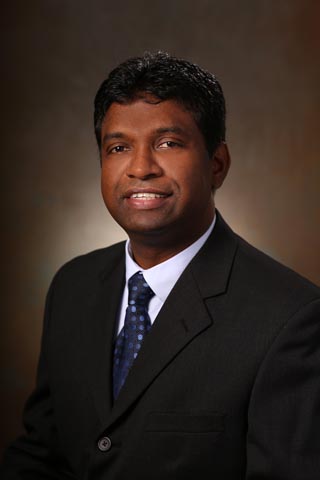
Movement Disorders
- Specialty: Movement Disorders
- Fellowship: University of Florida College of Medicine
- Residency: Saint Louis University School of Medicine
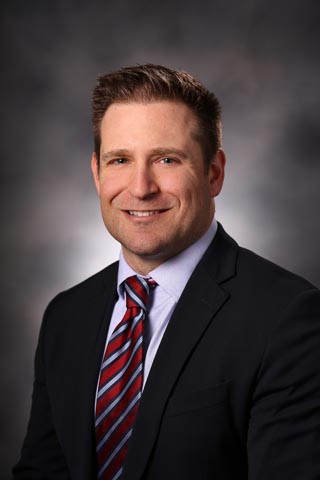
Neuromuscular Medicine
- Specialty: Neuromuscular
- Fellowship: University of Rochester School of Medicine
- Residency: Henry Ford Hospital
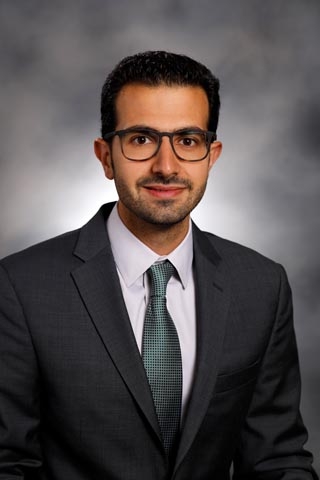
Vascular Neurologist
- Specialty: Vascular Neurology
- Fellowship: Augusta University Medical Center, Medical College of Georgia
- Residency: Augusta University Medical Center, Medical College of Georgia
PGY 1
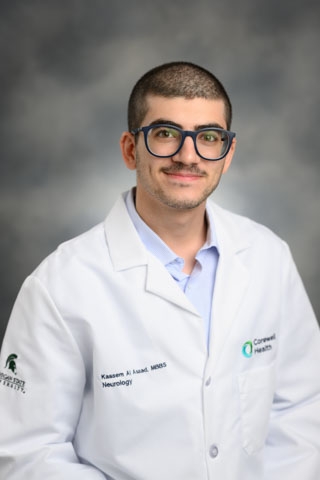
Alfaisal University
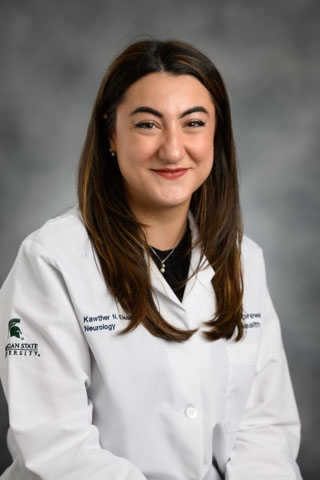
Nova Southeastern University
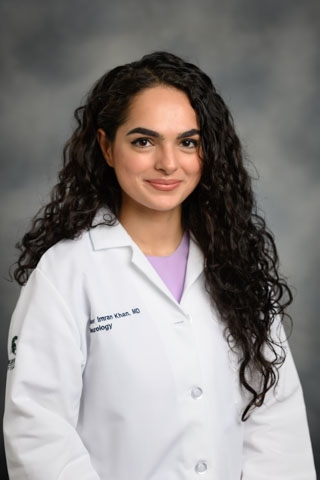
Ziauddin Medical College
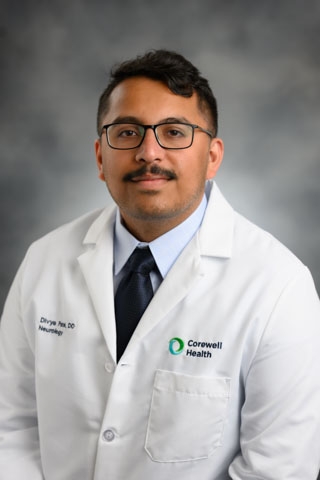
Michigan State University

Alfaisal University

Nova Southeastern University

Ziauddin Medical College

Michigan State University
PGY 2
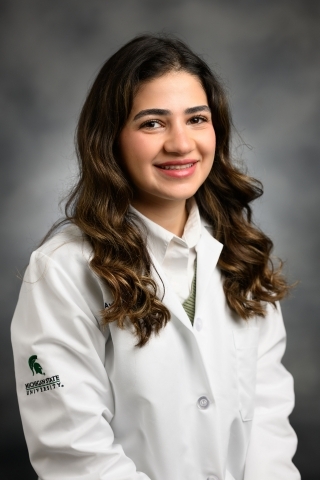
Alfaisal University College of Medicine
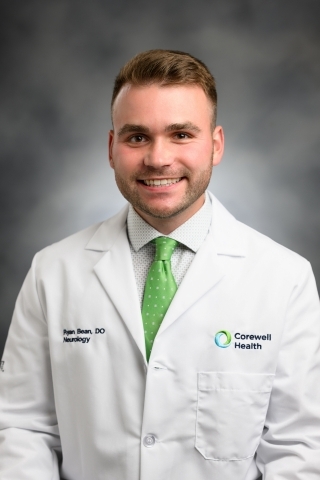
Michigan State University College of Osteopathic Medicine
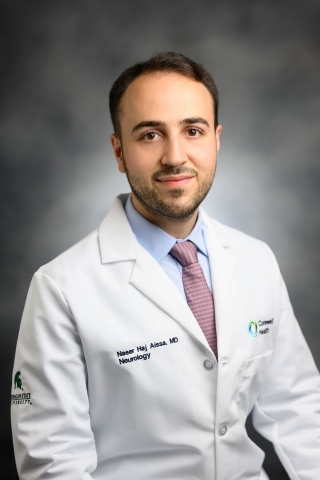
Alfaisal University College of Medicine
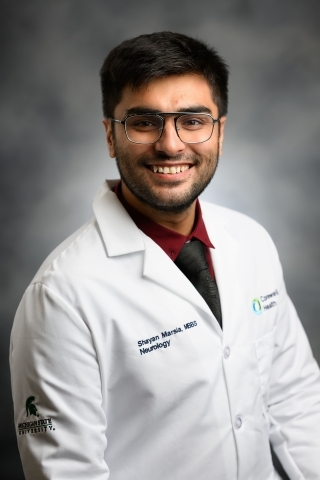
Dow Medical College

Alfaisal University College of Medicine

Michigan State University College of Osteopathic Medicine

Alfaisal University College of Medicine

Dow Medical College
PGY 3
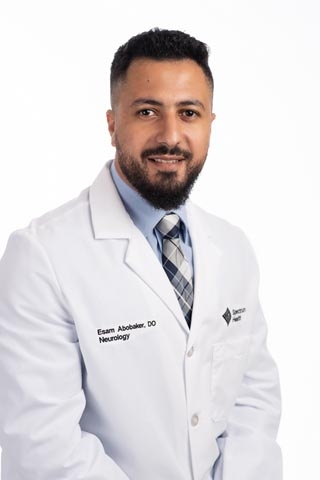
Michigan State University College of Osteopathic Medicine
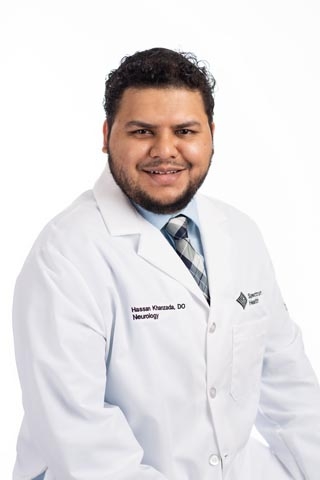
Michigan State University College of Osteopathic Medicine
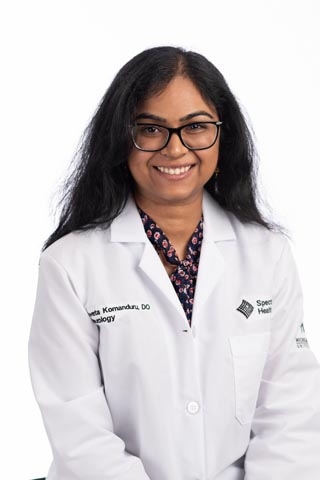
Michigan State University College of Osteopathic Medicine
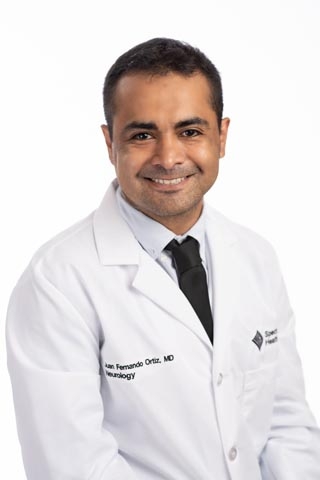
Universidad San Francisco de Quito

Michigan State University College of Osteopathic Medicine

Michigan State University College of Osteopathic Medicine

Michigan State University College of Osteopathic Medicine

Universidad San Francisco de Quito
PGY 4
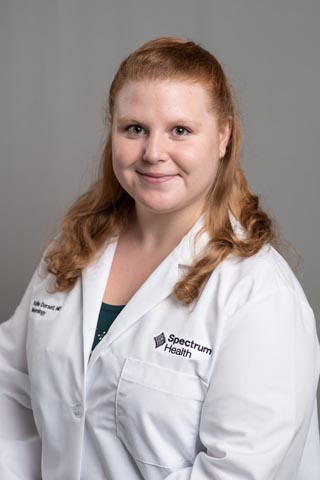
Indiana University School of Medicine
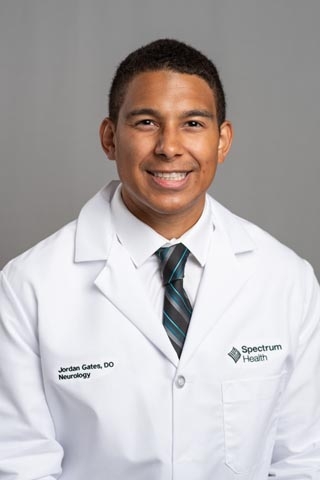
Michigan State University College of Osteopathic Medicine
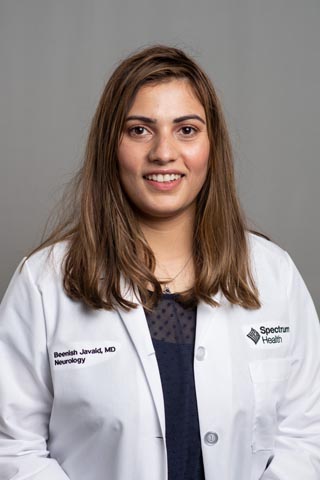
Nishtar Medical College
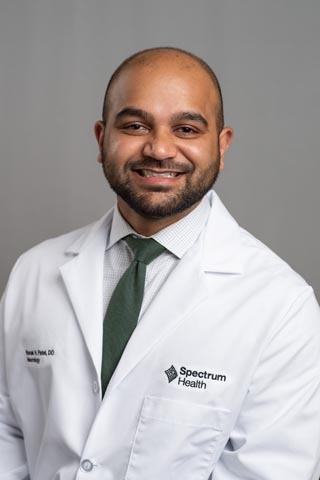
Michigan State University College of Osteopathic Medicine

Indiana University School of Medicine

Michigan State University College of Osteopathic Medicine

Nishtar Medical College

Michigan State University College of Osteopathic Medicine
Neurology residency bios

Ready to Apply?
Review the “Application Requirements” tab on the program page to learn more about the application process.
